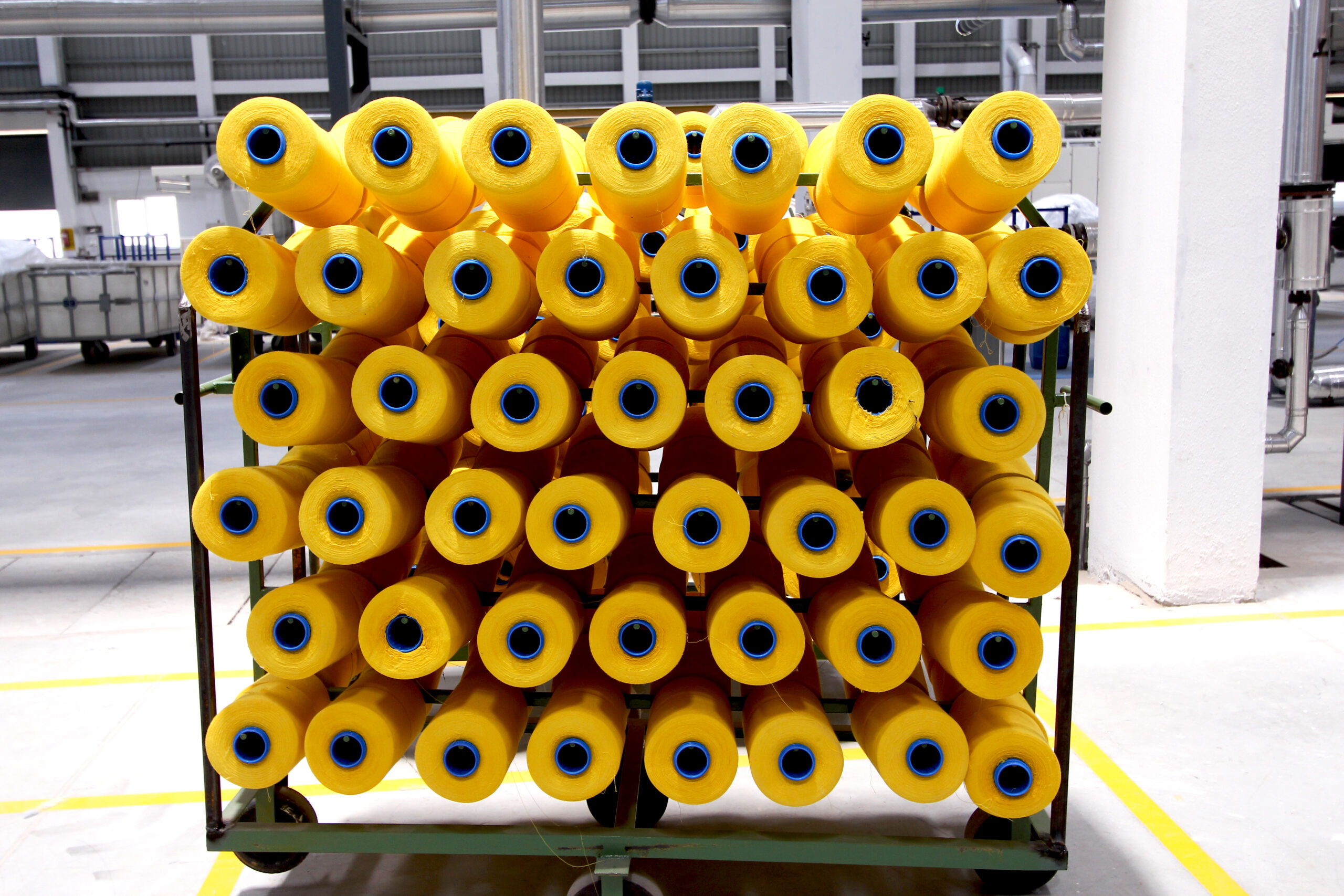Industrial polyurethane rollers play a vital role in numerous applications across various industries, ensuring smooth operations, reduced downtime, and enhanced efficiency. Their superior durability, flexibility, and resistance to wear make them an ideal choice for businesses seeking long-lasting and high-performance solutions. This article explores what makes industrial polyurethane rollers the key to reliable performance and how they outperform other roller materials.
Understanding Polyurethane Rollers
Industrial Polyurethane rollers are industrial-grade rollers made from polyurethane elastomers. These rollers are widely used in manufacturing, material handling, printing, and conveyor systems. The inherent properties of polyurethane provide an excellent combination of resilience, strength, and adaptability, making them a preferred option over rubber or metal rollers.
Key Advantages of Industrial Polyurethane Rollers
1. Exceptional Durability
One of the primary reasons polyurethane rollers are widely used is their exceptional durability. Unlike rubber rollers, which degrade quickly due to abrasion and environmental factors, polyurethane rollers offer high resistance to wear and tear. This extends their operational lifespan, reducing the frequency of replacements and maintenance costs.
2. High Load-Bearing Capacity
Industrial polyurethane rollers have an impressive load-bearing capacity, making them suitable for handling heavy loads in conveyor systems and manufacturing applications. They can withstand significant pressure without deforming, ensuring consistent performance over time.
3. Superior Resistance to Chemicals and Environmental Conditions
Polyurethane rollers exhibit excellent resistance to oils, solvents, chemicals, and extreme temperatures. This property makes them an ideal choice for industries that require materials capable of withstanding harsh conditions, such as food processing, automotive, and chemical manufacturing.
4. Enhanced Shock Absorption and Noise Reduction
In operations where noise reduction and vibration control are essential, polyurethane rollers outperform metal alternatives. Their ability to absorb shocks and minimize vibrations ensures a quieter and smoother operation, making them ideal for industrial environments where noise control is a priority.
5. Customizability for Specific Applications
Polyurethane rollers can be tailored to meet specific industrial needs. They are available in different hardness levels (durometers), sizes, surface textures, and colors. This versatility allows businesses to optimize roller performance according to the demands of their applications.
Comparing Polyurethane Rollers to Other Roller Materials
Rubber Rollers vs. Polyurethane Rollers
- Durability: Polyurethane rollers last longer than rubber rollers, which tend to wear out faster.
- Load-Bearing Capacity: Rubber rollers can deform under heavy loads, whereas polyurethane rollers maintain their shape.
- Resistance to Chemicals: Polyurethane is more resistant to chemicals, while rubber degrades over time.
- Noise and Vibration Reduction: Polyurethane provides superior shock absorption and reduces operational noise.
Metal Rollers vs. Polyurethane Rollers
- Weight: Polyurethane rollers are lighter than metal rollers, reducing strain on machinery.
- Noise Levels: Metal rollers generate more noise, while polyurethane rollers contribute to quieter operations.
- Surface Protection: Polyurethane rollers are non-marking and do not damage delicate surfaces, unlike metal rollers.
Applications of Industrial Polyurethane Rollers
1. Conveyor Systems
Polyurethane rollers are extensively used in conveyor belts to transport goods efficiently. Their ability to handle heavy loads while maintaining smooth and consistent movement makes them a staple in logistics, manufacturing, and distribution centers.
2. Printing and Packaging
In printing and packaging industries, polyurethane rollers ensure precise material handling and high-quality printing. Their resistance to ink and solvents makes them an excellent choice for prolonged use in printing presses.
3. Material Handling and Manufacturing
Polyurethane rollers are integral in material handling systems where reliability and longevity are crucial. Their ability to withstand rigorous operational conditions without frequent maintenance makes them ideal for assembly lines and industrial machinery.
4. Food Processing Industry
Due to their chemical resistance and non-toxic nature, polyurethane rollers are used in food processing equipment. They meet strict hygiene standards and ensure smooth material flow without contamination.
5. Automotive and Aerospace
In the automotive and aerospace sectors, polyurethane rollers play a role in manufacturing and assembly processes. Their ability to withstand heavy loads and high speeds ensures efficiency in critical operations.
How to Choose the Right Industrial Polyurethane Rollers
When selecting polyurethane rollers, businesses should consider the following factors:
- Hardness (Durometer): Softer rollers provide better grip and shock absorption, while harder rollers offer increased durability.
- Load Capacity: Choose rollers designed to handle the required weight without deformation.
- Surface Texture: Smooth surfaces offer low friction, while textured surfaces provide better traction.
- Chemical and Environmental Resistance: Ensure the rollers can withstand exposure to chemicals, oils, and temperature extremes.
- Customization Options: Select rollers that can be tailored to specific application needs.
Maintaining Polyurethane Rollers for Maximum Performance
Proper maintenance ensures that polyurethane rollers perform optimally and last longer. Here are some essential maintenance tips:
1. Regular Cleaning
Dirt, debris, and chemical residues can affect the roller’s performance. Regular cleaning prevents buildup and maintains smooth operation.
2. Routine Inspections
Check for signs of wear, cracks, or deformation. Identifying issues early can prevent costly downtime and ensure consistent performance.
3. Proper Lubrication
For rollers with bearings, lubrication is essential to reduce friction and extend lifespan. Use appropriate lubricants that do not degrade polyurethane material.
4. Correct Storage Conditions
Store rollers in a dry, temperature-controlled environment to prevent premature degradation. Avoid exposing them to direct sunlight or extreme moisture.
Conclusion
Industrial polyurethane rollers are essential components in numerous industries, providing superior durability, load-bearing capacity, and resistance to harsh conditions. Their ability to reduce noise, absorb shocks, and withstand chemical exposure makes them a reliable choice for businesses seeking enhanced efficiency and longevity in their operations. By selecting high-quality polyurethane rollers and implementing proper maintenance practices, industries can maximize productivity and minimize operational costs. Investing in polyurethane rollers is a strategic move for businesses looking to achieve long-term reliability and superior performance.









